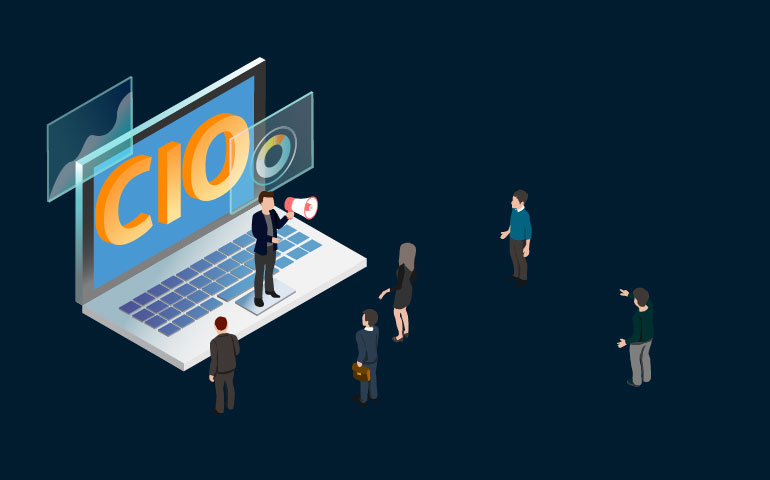The opportunities and challenges of CIOs in 2021

Dean Leung, iManage Chief Customer Success Officer (CCSO), shares the possibilities and hurdles that face CIOs in 2021.
It’s An Innovation Renaissance for CIOs. The COVID-19 pandemic of the past year has spurred an increase in innovation within the CIO role, bringing them full circle to their innovative roots. When the CIO role was initially created several decades ago, it was to ensure innovative technologies like email and the internet were widely deployed. Gradually, the focus shifted from introducing new technologies to “keeping the lights on” and ensuring reliability and availability. The pandemic upended when organisations switched to remote working; suddenly, “keeping the lights on” wasn’t the main priority because hardly anyone was in the office. Instead, CIOs got to put their innovation hat back on and figure out what kind of technologies would be necessary to support a workforce that would be remote, working diverse hours, and highly mobile for the foreseeable future.
The Dreaded Scourge of “Shelfware”– And How Data Can Defeat It. Suppose there’s one thing that haunts the minds of CIOs. In that case, it’s shelfware: technology purchased by the organisation but hasn’t been successfully adopted, so licenses are just sitting on the proverbial shelf, gathering dust. As it turns out, data is the secret weapon that can help avoid this scourge. Having detailed data around the end-users and how they interact with the system is the first step towards creating the necessary programming needed to drive the adoption of those licenses. This data-driven approach is even more critical in a remote or hybrid working environment. There aren’t as many “water cooler conversations” or “standing by the desk” moments that can create opportunities for learning or teachable moments around how to use the software successfully. Ultimately, end-user success with the software isn’t a nice-to-have – it’s need-to-have. It drives the productivity and efficiency that every organisation wants for their professionals, helping to impact the top and bottom lines.
Why the Customer Relationship Should Be Less Like Dating and More Like a Marriage. In the “traditional” technology vendor and customer relationship, the customer gets all the attention during the sales cycle and initial implementation – it’s the whirlwind courtship and dating phase. Once the sale is made, however, the attention starts to drop off a bit, and it’s not the same level of engagement. That creates problems around getting a successful deployment, it creates problems around getting adoption, and it creates dissatisfaction on the part of end-users. Technology vendors would be advised to view customer relationships as more like a marriage: an ongoing and enduring partnership. To ensure mutual success, vendors need to be engaged with customers and driving their success at every stage of the lifecycle, not just during the courtship phase. Part of making this shift requires customer success teams to recognise that customers are company assets, just how employees are widely recognised as an organisation’s most significant assets.
READ MORE:
- Biometric authentication: the good, the bad and the ugly
- You’ve had a breach – how do you successfully roll out an emergency patch?
- How to successfully reopen your office in a post-Covid-19 world
- Common migration pitfalls and how to avoid them
About iManage
iManage’s platform combines advanced Artificial Intelligence and powerful document and email management to create connections across data, systems, and people while leveraging the context of organisational content to fuel deep insights, informed business decisions, and collaboration. The platform is underpinned by best-of-breed security and sophisticated workflows and governance approaches.
For more news from Top Business Tech, don’t forget to subscribe to our daily bulletin!
